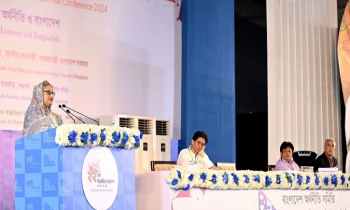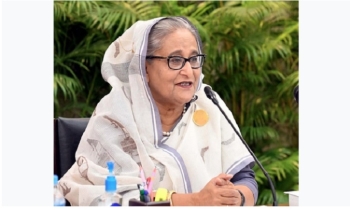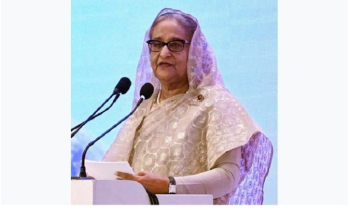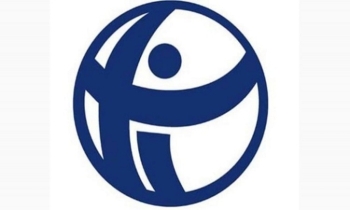South African variant found in 81% Covid-19 samples since third week of March
UNB || BusinessInsider
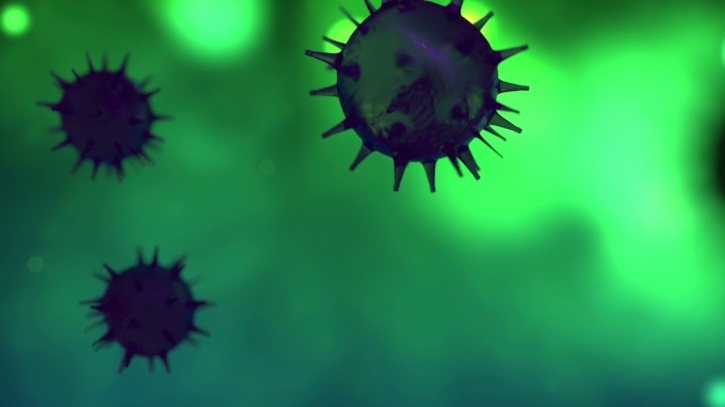
Representational image
The South African variant has accounted for 81% of the positive cases in Dhaka since the third week of March 2021.
A research study conducted by the icddr,b has revealed this information.
The research team at icddr,b analysed genomic sequence data of 57 samples of the SARS COV-2 virus in Covid-19 positive patients between March 18 and 24. Forty-six of those samples were found to be the same as the South African variant of novel coronavirus.
This variant is said to have greater transmissibility and harbour new genetic changes, which may impact clinical manifestation and vaccine effectiveness.
Icddr,b identified the first UK variant on 6th January 2021; however, the SARS-CoV-2 sequence database at GISAID.ORG indicated that the UK variant was already circulating in December 2020 in the country. The UK variant gradually increased over time until the second week of March 2021, with the highest positivity rate (52%).
However, a dramatic change in the distribution of variants was observed when the South African variant appeared. It became the most prevalent variant during the third week of March 2021 by replacing other variants. Most remarkably, the South African variant occupied 81% of the variants in the fourth week of March 2021, according to icddr,b website.
In light of this finding, icddr,b urged all to abide by the restrictions recently announced by the Government of Bangladesh.
Vaccines may not work against variants
The head of the World Health Organization has expressed his concerns several times in the past that the vaccines developed so far might be less effective against the variant first detected in South Africa.
Tedros Adhanom Ghebreyesus said at a media briefing that South Africa’s decision to suspend its vaccination campaign using the AstraZeneca vaccine is “a reminder that we need to do everything we can to reduce circulation of the virus with proven public health measures.”
South Africa has suspended plans to inoculate its front-line health care workers with the Oxford-AstraZeneca vaccine in February this year after a small clinical trial suggested that it isn’t effective in preventing mild to moderate illness from the variant dominant in the country.
Preliminary data from a small study suggested that the AstraZeneca vaccine offers only “minimal protection against mild-moderate disease” caused by the variant in South Africa. The variant appears more infectious and is driving a deadly resurgence of the disease.


